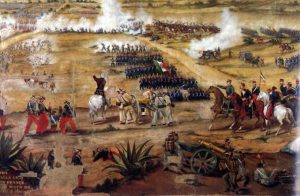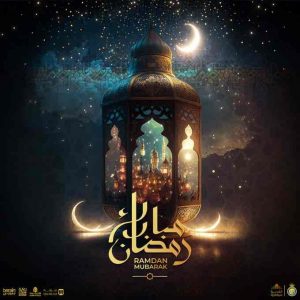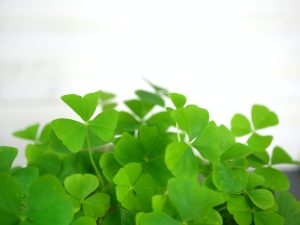The word “Pongal” is
taken from the Tamil literature and means “to boil.” It is an ancient
festival celebrated in Tamil Nadu. It is basically a harvest festival that is
celebrated for four days in the month of January after harvesting of crops like rice,
turmeric, sugarcane, etc.
The four-day
celebration is marked by different festivities. First day is called the Bhogi
festival, Second day is called Thai Pongal, Third day is called Mattu Pongal and the Fourth day is called Kaanum Pongal.
Why is Pongal
celebrated?
As per our Hindu mythology,
Lord Shiva once asked Basava (Bull) to visit the Earth and ask the humans to have
an oil massage and bath every day. But Basava asked humans eat daily
and have an oil bath once a month. This made the Lord Shiva really angry and
he cursed the Basava to live on the Earth forever and he also said that Basava has
to plough the fields and help people produce more food. Hence, people after
harvesting celebrate this festival with crops and cattle.
History of Pongal
The history of the festival can be traced back to the Sangam Age
and considered as the “Dravidian Harvest festival.” But some of the historians claim that this festival is dated
back at least 2,000 years old. It was celebrated as “Thai Niradal”. Legends
had said that during this festival, unmarried girls prayed for agricultural
prosperity of the country and for this purpose, they observed penance during
the Tamil month of Margazhi.
They abstained from the consumption of milk and milk products,
didn’t oil their hair throughout the month. They refrained themselves from
using harsh words. Ceremonial bath were conducted in the early morning as part
of the ritual of the penance.
Significance of Pongal
India being an agricultural country, majority of
its festivals are inclined towards nature. Pongal is one of them that is referred
to as “Uttarayan Punyakalam” which bears special significance in Hindu
mythology and is considered extremely auspicious.






